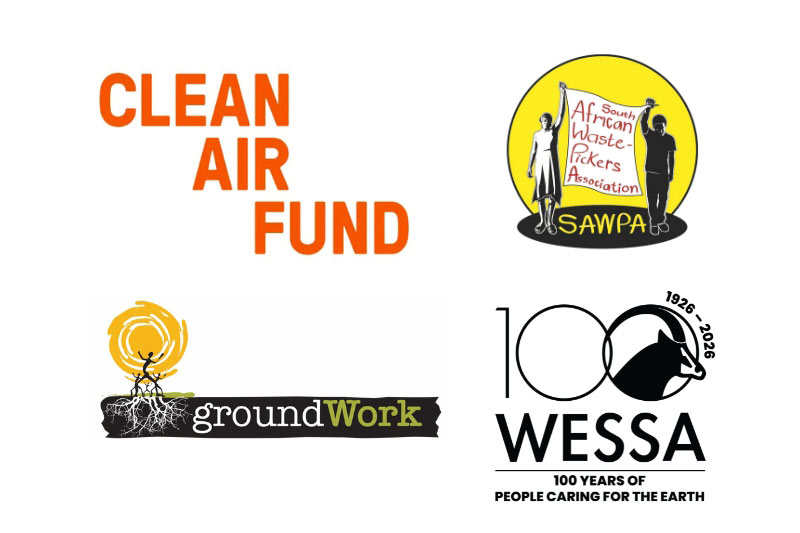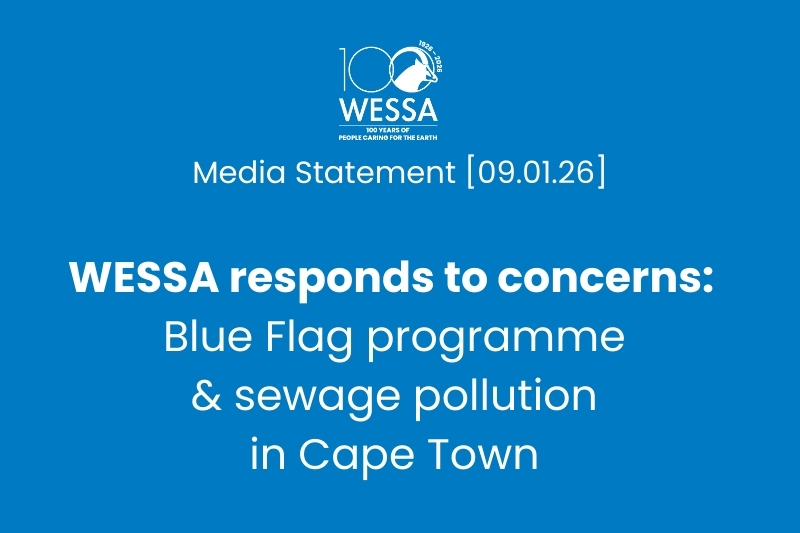
WESSA responds to concerns about the Blue Flag programme and sewage pollution in Cape Town
The Wildlife and Environment Society of South Africa (WESSA), as the national operator in South Africa of the international Blue Flag programme, acknowledges and shares public concern regarding sewage pollution and marine outfalls along the Cape Town coastline. We also welcome robust, evidence-based debate about these issues.
However, recent commentary suggesting that WESSA has been “silent” on these matters, or that we show “little interest in holding municipalities to proper account”, misrepresents both the purpose of the Blue Flag programme and WESSA’s long-standing work in this space.
WESSA has not been silent
WESSA has engaged consistently and constructively with a wide range of stakeholders on the issue of sewage pollution and water quality.
WESSA Coastal Programme Manager, Mike Denison:
- “We haven’t been silent on it. We’ve engaged with groups such as Bays of Sewage and individuals like Prof. Anthony Turton, Caroline Marx, Byron Herbert, Jamii Hamlin and others whom we regard as leading civil society stakeholders grappling with the challenges of water quality in the Cape Town metro. “
- “We’ve been vocal and participated at the Permit Advisory Forum presenting for clarity around certain aspects linked to the Blue Flag programme.”
What Blue Flag measures, and what it does not
The Blue Flag is an internationally recognised eco-label awarded to beaches, marinas and tourism boats that meet a comprehensive set of environmental, educational, safety and accessibility criteria. It is not a general-purpose endorsement of all municipal infrastructure, nor is it a guarantee that no environmental challenges exist in a city or along a coastline.
WESSA Coastal Programme Manager, Mike Denison:
- “Blue Flag is an award based on a defined set of 33 environmental and sustainability criteria set by the international body, and WESSA reviews and evaluates against those criteria.”
- “From a Blue Flag perspective, based on the defined criteria, we get an indicator over time from water samples by independent accredited labs whether a particular section of our coastline falls within parameters that are deemed safe to swim. Those parameters include both Enterococci and E. Coli, although the World Health Organisation has said only Enterococci is necessary, we agree that E. Coli should also be considered, and hence we’ve kept it as one of our measures.
From our FAQs – what are the water quality requirements?
- Blue Flag Beaches water quality sampling only takes place during the current season of the flag. Water quality sampling is done by an independent and accredited lab against a pre-determined schedule for the season. Results are shared directly with WESSA.
- New beaches need 20 water quality samples to qualify. Once awarded, beaches must take a minimum of 5 samples per season evenly spread out, preferably every two weeks but not longer than 30 days between samples. Both E.coli and Enterococci must be tested for. E.coli limit is 250 cfu/100 ml and Enterococci is 100 cfu/100 ml.
- WESSA posts the water quality results on the WESSA website for the duration of Blue Flag beach seasons. Should water quality fall outside the Blue Flag parameters, then the flag is lowered until a satisfactory sample, within a maximum of 10 days, is achieved.
Using Blue Flag to hold municipalities accountable
The Blue Flag programme is itself a key mechanism through which municipalities are held accountable for maintaining high standards.
WESSA Coastal Programme Manager, Mike Denison:
- “With regards to the Blue Flag programme, WESSA uses the set global criteria to not only strengthen municipal services, but also hold municipalities accountable, and we understand that it is very important for the Blue Flag to fly for various reasons.”
- “Through this past season, there’s been several occasions in which a Blue Flag was lowered while municipalities resolve a specific unmet criterion. Municipalities are therefore held accountable by the Blue Flag standards. They must remedy the issues on hand before a Blue Flag can fly again.”
- “We’ve also had one beach that’s had its Blue Flag withdrawn for the remainder of the season, for not being able to sustain itself against the demands of the 33 criteria. Therefore, from a WESSA perspective, we believe that this is how using the Blue Flag holds the municipalities accountable.”
These actions demonstrate that Blue Flag status is continually reviewed and that municipalities are required to remedy issues before flags can be raised again.
Integrity, evidence and constructive engagement
For nearly a century, WESSA has worked to protect and conserve biodiversity in South Africa. That history and institutional knowledge underpin our role in the Blue Flag programme.
WESSA Coastal Programme Manager, Mike Denison:
- “In our 100-year history, WESSA has always been open to suggestions and recommendations to strengthen protection and the conservation of our natural resources. Blue Flag is no different, and we do engage municipal partners, individuals and civil society organisations to help us improve the programme – and this goes for the sampling criteria too.
WESSA CEO, Cindy-Lee Cloete:
- “WESSA recognises that trust between civil society, municipalities, laboratories, and independent programmes is essential. While critical scrutiny is healthy, a default of total distrust is corrosive.
- We acknowledge and we respect the integrity of approved entities within our stakeholder network that work with the Blue Flag programme.
- WESSA remains committed to constructive, evidence-based engagement, to continuously improve the Blue Flag programme, and to working with all good-faith stakeholders towards healthier oceans, safer bathing waters, and more accountable coastal management.”
To request an interview with WESSA’s Coastal Programme Manager, please contact Ronell Swartbooi via marketing@wessa.org.za.
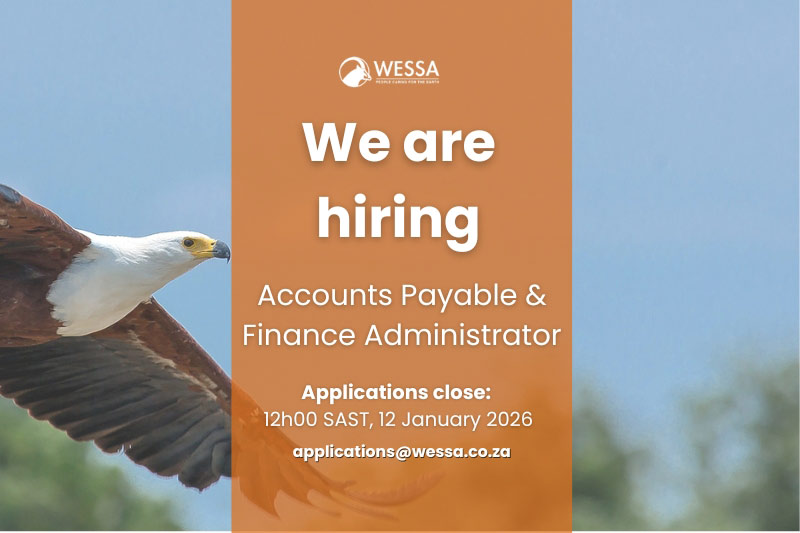

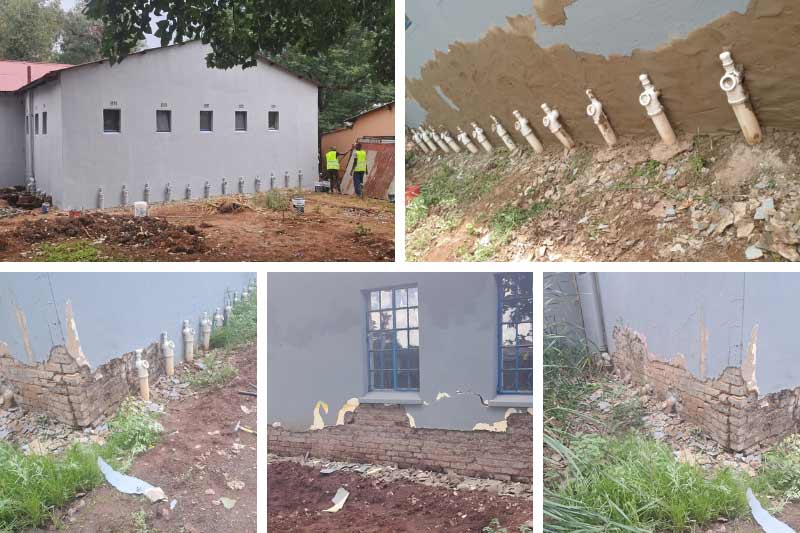
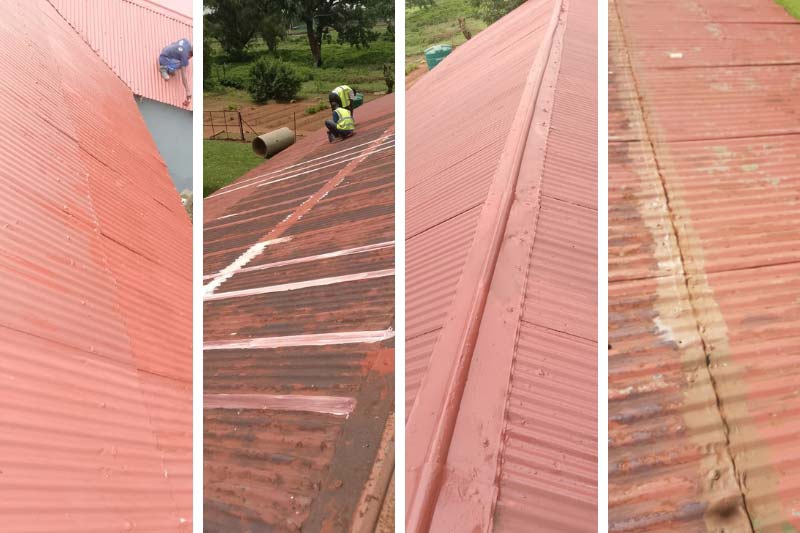
![[WESSA Eco-Schools Programme] Six Schools awarded Bronze across Zambia and Zimbabwe](https://www.wessa.org.za/wp-content/uploads/2025/12/Group-photo.jpg)

